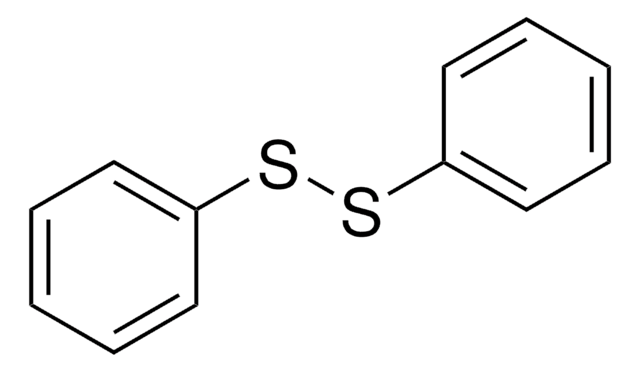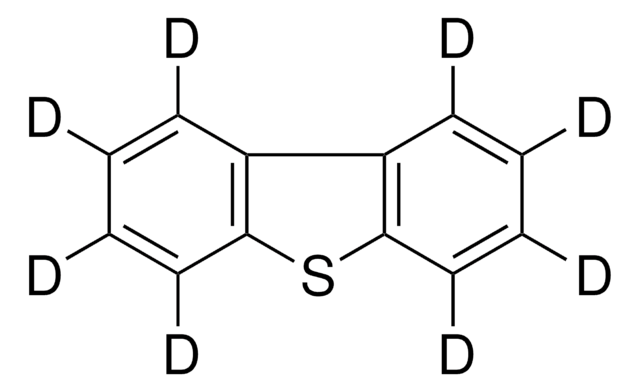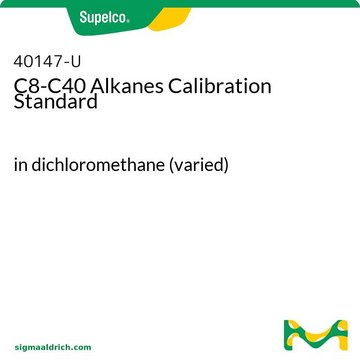269786
Deuterium oxide
"100%", 99.96 atom % D
Synonym(s):
Heavy water, Water-d2
Sign Into View Organizational & Contract Pricing
All Photos(1)
About This Item
Empirical Formula (Hill Notation):
D2O
CAS Number:
Molecular Weight:
20.03
EC Number:
MDL number:
UNSPSC Code:
12142201
PubChem Substance ID:
technique(s):
NMR: suitable
bp:
101.4 °C (lit.)
Recommended Products
Quality Level
isotopic purity
99.96 atom % D
form
liquid
packaging
pk of 10 × 0.5 mL
technique(s)
NMR: suitable
bp
101.4 °C (lit.)
mp
3.8 °C (lit.)
SMILES string
[2H]O[2H]
InChI
1S/H2O/h1H2/i/hD2
InChI key
XLYOFNOQVPJJNP-ZSJDYOACSA-N
Looking for similar products? Visit Product Comparison Guide
accessory
Product No.
Description
Pricing
Storage Class Code
10 - Combustible liquids
WGK
WGK 3
Flash Point(F)
Not applicable
Flash Point(C)
Not applicable
Choose from one of the most recent versions:
Already Own This Product?
Find documentation for the products that you have recently purchased in the Document Library.
The ionization constant of deuterium oxide from 5 to 50?.
Covington AK, et al.
The Journal of Physical Chemistry, 70(12), 3820-3824 (1966)
Structure of water and hydrophobic bonding in proteins. IV. The thermodynamic properties of liquid deuterium oxide.
Nemethy G and Scheraga HA.
J. Chem. Phys. , 41(3), 680-689 (1964)
Using high-performance quantitative NMR (HP-qNMR?) for certifying traceable and highly accurate purity values of organic reference materials with uncertainties< 0.1%.
Weber M, et al.
Accreditation and Quality Assurance, 18(2), 91-98 (2013)
Liset Westera et al.
Blood, 122(13), 2205-2212 (2013-08-16)
Quantitative knowledge of the turnover of different leukocyte populations is a key to our understanding of immune function in health and disease. Much progress has been made thanks to the introduction of stable isotope labeling, the state-of-the-art technique for in
Frank Grüne et al.
Anesthesiology, 120(2), 335-342 (2013-09-07)
Hyperventilation is known to decrease cerebral blood flow (CBF) and to impair cerebral metabolism, but the threshold in patients undergoing intravenous anesthesia is unknown. The authors hypothesized that reduced CBF associated with moderate hyperventilation might impair cerebral aerobic metabolism in
Our team of scientists has experience in all areas of research including Life Science, Material Science, Chemical Synthesis, Chromatography, Analytical and many others.
Contact Technical Service





